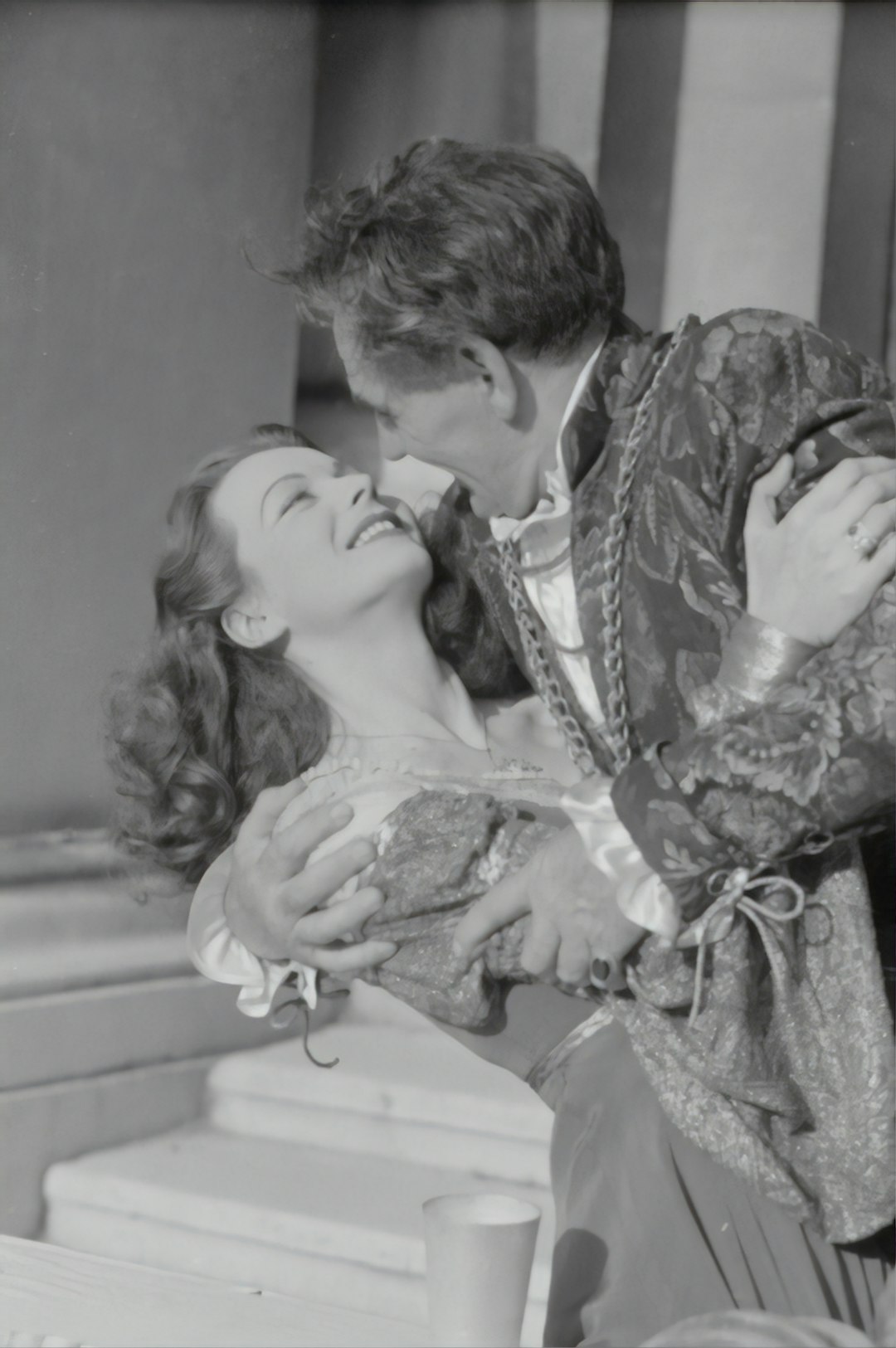Actor Kaitapere
Actors entertain people by using body movement and speech to play a character in media and stage productions.
Actors may do some or all of the following:
- audition for parts in performances on stage, in film or on television
- study scripts and research the character and project they're working on
- memorise and rehearse their character's lines, cues and physical movements
- act out the role for an audience or in front of a camera
- improvise parts of their character's personality or actions during rehearsal or in front of an audience
- perform stunts for an audience or in front of a camera.
Physical Requirements
Actors need to be reasonably fit and healthy, as the work can be physically demanding. They should also have clear speech.
Useful Experience
Useful experience for actors includes:
- amateur or professional acting
- performance work (eg, kapa haka)
- any sport or other pursuit that involves teamwork
- physical activities such as horse riding, gymnastics, scuba diving and boxing.
Personal Qualities
Actors need to be:
- able to memorise lines
- able to take direction, accept criticism, and work well under pressure
- disciplined and motivated
- creative and imaginative
- able to work well as part of a team and with agents
- strong communicators
- organised.
Skills
Actors need to have:
- knowledge of how people behave and speak, so they can create believable characters
- the ability to project their voice to fill a performance space
- knowledge of a range of books, plays and poetry
- knowledge of different cultures
- knowledge of the New Zealand media industry
- skill in interpreting and analysing roles.
Stunt performers need to have:
- knowledge of different stunts, including which stunts to perform in certain situations and the best way of performing them
- the ability to use specialist stunt equipment such as flying harnesses and airbags
- skills relating to the type of stunts they are performing such as martial arts, gymnastics or driving.
Conditions
Actors:
- often work long and irregular hours, including evenings and weekends
- work indoors in places like theatres, television and film studios, and radio stations. They also work outdoors on location
- may travel to film on location, or if they are part of a touring production.
Subject Recommendations
There are no specific secondary education requirements to become an actor. However, music, dance and drama, English, te reo Māori and media studies are useful.
For stunt work, physical education may be useful.
Related Courses
Actors may progress into related roles such as author, director or media producer.
- Author job information
- Director (film, television, radio or stage) job information
- Media producer job information
Actors may specialise in stage acting, television shows, film, advertisements or voice-overs.
With industry experience, stuntspeople may progress to become stunt co-ordinators. Stuntspeople may specialise in doing stunts such as high falls or fights.
Years Of Training
There are no specific entry requirements to become an actor. However, a Diploma or Bachelor of Performing Arts, or a Bachelor of Arts majoring in drama may be useful.
Requirements for stuntpeople
To become a stuntperson you need to have the skills, knowledge and ability to perform stunts.
To be a member of the Stunt Guild of New Zealand you must be at least 18 years of age and meet other specific criteria.

 Green Bay High School
Green Bay High School